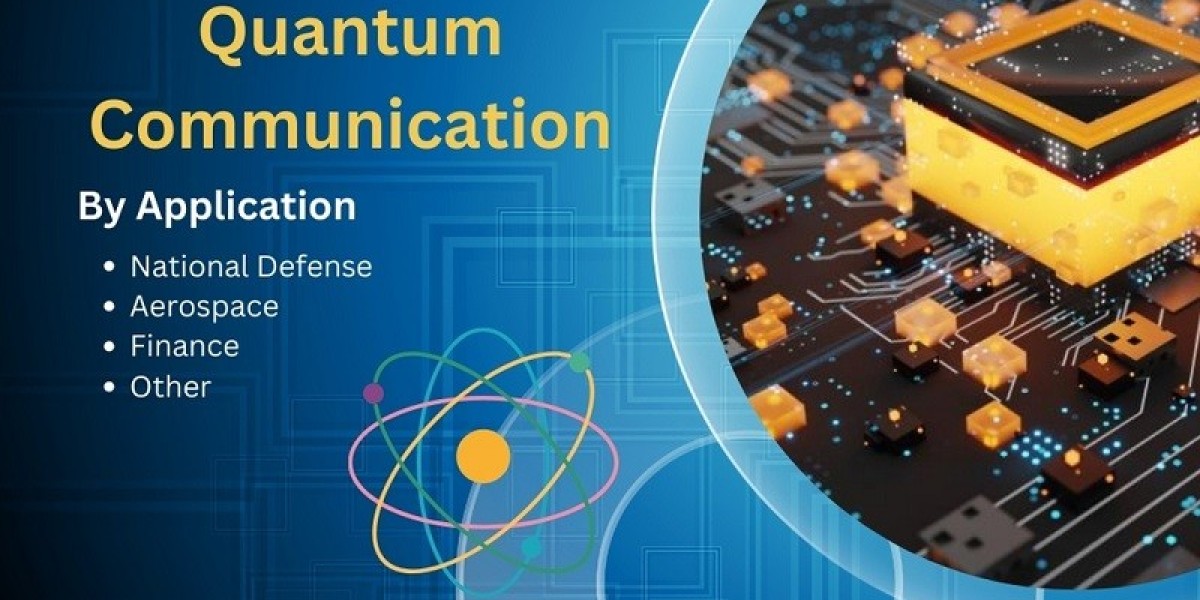The global Quantum Communication Industry is a complex and rapidly evolving ecosystem composed of a diverse set of actors, from pioneering startups to national governments and academic pioneers. At its core, the industry is focused on translating the esoteric principles of quantum mechanics into commercially viable technologies for secure communication. Unlike more mature industries, it is characterized by an extremely close collaboration between academic research and commercial development. University labs and national research institutes often serve as the primary source of innovation, with discoveries being spun out into startups or licensed to larger corporations. This symbiotic relationship is crucial for overcoming the profound technical challenges inherent in manipulating single photons and maintaining quantum coherence over practical distances, making R&D a central activity for all industry participants.
The industry's structure can be viewed as a multi-layered value chain. At the base are the suppliers of highly specialized components, such as single-photon sources and detectors, cryogenic equipment, and precision optics. These components are then integrated by system manufacturers who build the end-user Quantum Key Distribution (QKD) systems. This segment includes both dedicated quantum technology companies like ID Quantique and QuintessenceLabs, as well as divisions within larger technology and telecommunications giants like Toshiba, BT Group, and Raytheon. The next layer consists of service providers and system integrators who deploy these systems for end-users, manage the quantum networks, and ensure they are seamlessly integrated with existing IT infrastructure. End-users themselves, primarily from the government, defense, and finance sectors, are also active participants, often co-developing solutions to meet their specific security requirements.
A defining feature of the quantum communication industry is the profound influence of national strategic interests. Recognizing the technology's dual impact on economic competitiveness and national security, governments worldwide have become major funders, regulators, and customers. Large-scale national quantum initiatives, such as those in the US, China, and the European Union, are channeling billions of dollars into research and infrastructure projects, shaping the industry's direction and creating protected markets for domestic companies. This geopolitical dimension adds a layer of complexity to the competitive landscape, fostering intense international competition alongside opportunities for collaboration. As the industry matures, the interplay between private sector innovation and public sector investment will continue to be a critical factor in its development.






